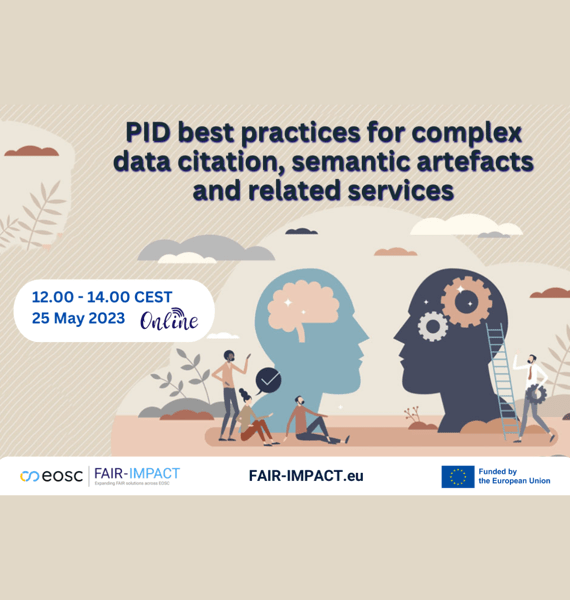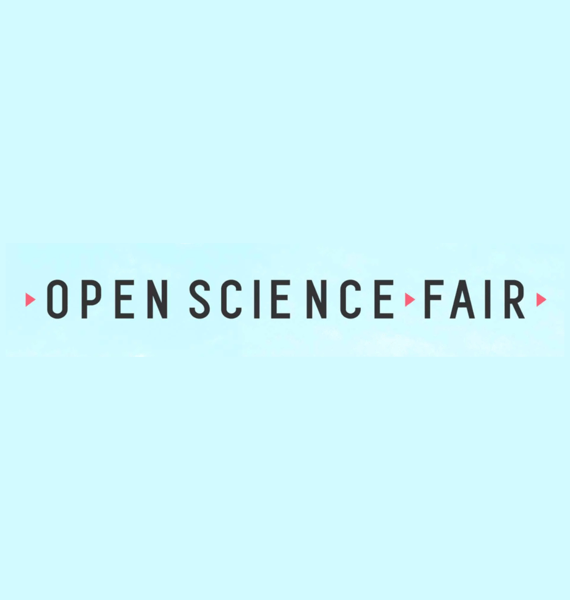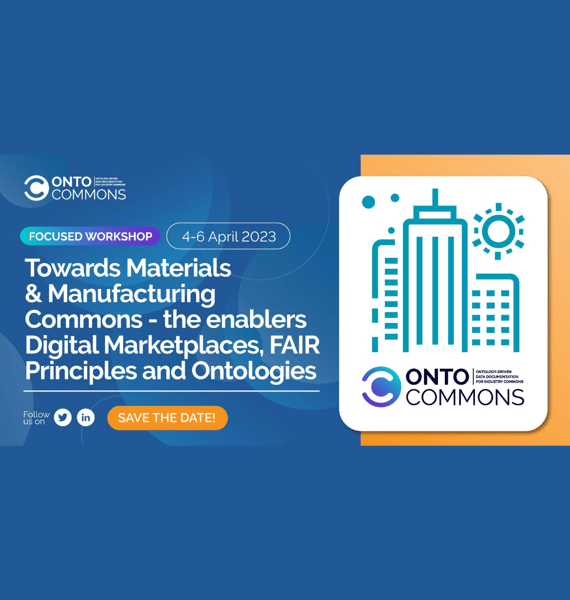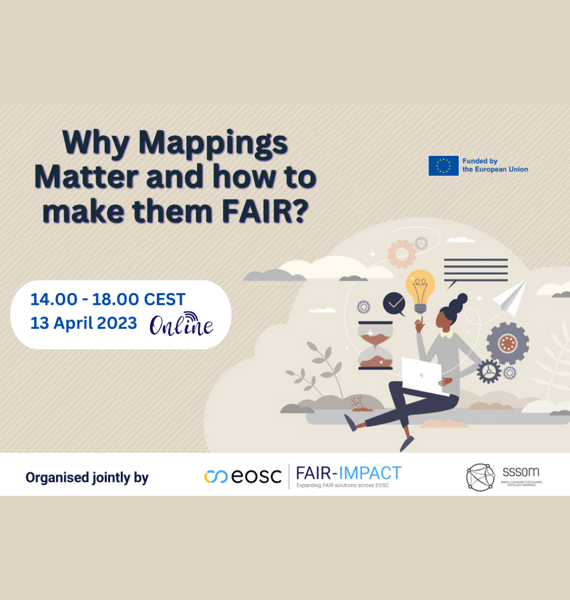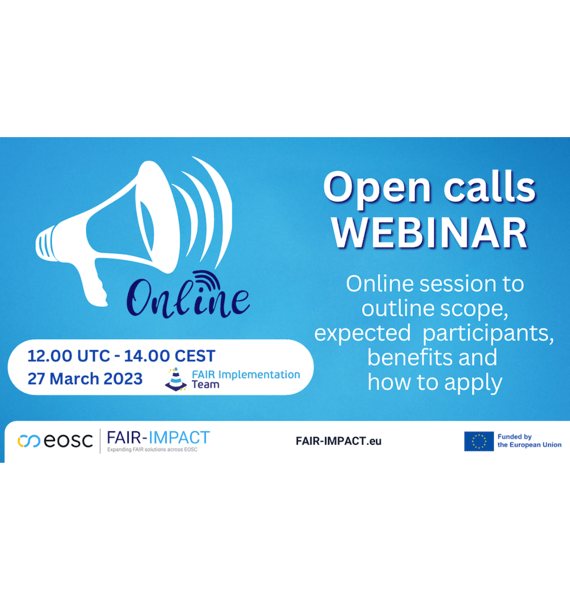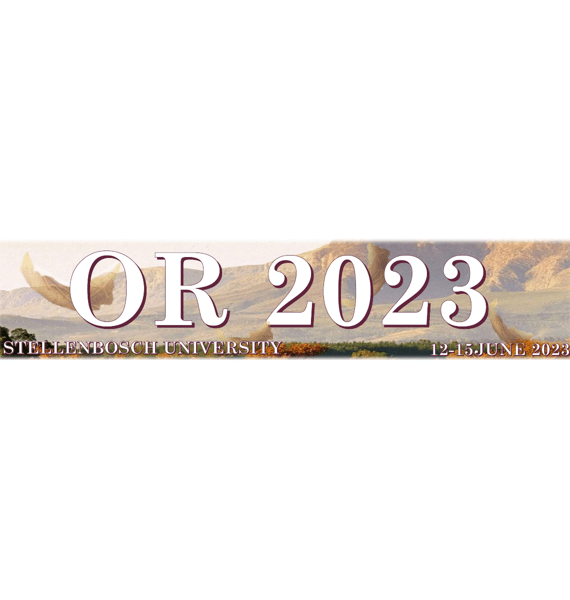Online, 25 May 2023.
FAIR-IMPACT is organising a workshop on the topic of PIDs in complex data citation, semantic artefacts and related services. The project invites relevant projects and initiatives to provide an update on their related work and the ambition is to work together on defining community best practices on PIDs and complex data citation. The workshop will also touch upon topics of common interests around granularity, versioning and research object types. The aim is to achieve a more coherent implementation of PIDs, leading to more exact data citation and a broader and more targeted use of PIDs.
Goal of the event
To work together to define best PID practices for complex data citation, semantic artefacts and related services. The main objective is to have the workshop feed into “Defining PID practices in FAIR data management and use case” documentation being prepared by FAIR-IMPACT. Topics to cover:
- Managing PIDs with different types of entities, e.g. physical, digital, conceptual
- Examples of cases where assigning PIDs in data citation workflows can be challenging
- PIDs for semantic artefacts
- Versioning and granularity of semantic artefacts and entities
- PIDs for services
Who should attend
FDO Initiative, RDA Complex Citations WG or RDA Data Citations WG, RDA Data Granularity WG, AGU Data Citation Community practices. A mixed approach with the invitations. The groups listed above will be invited to join the workshop and present their work. The workshop will also be open for everyone interested. No restrictions on the amount of workshop participants.
